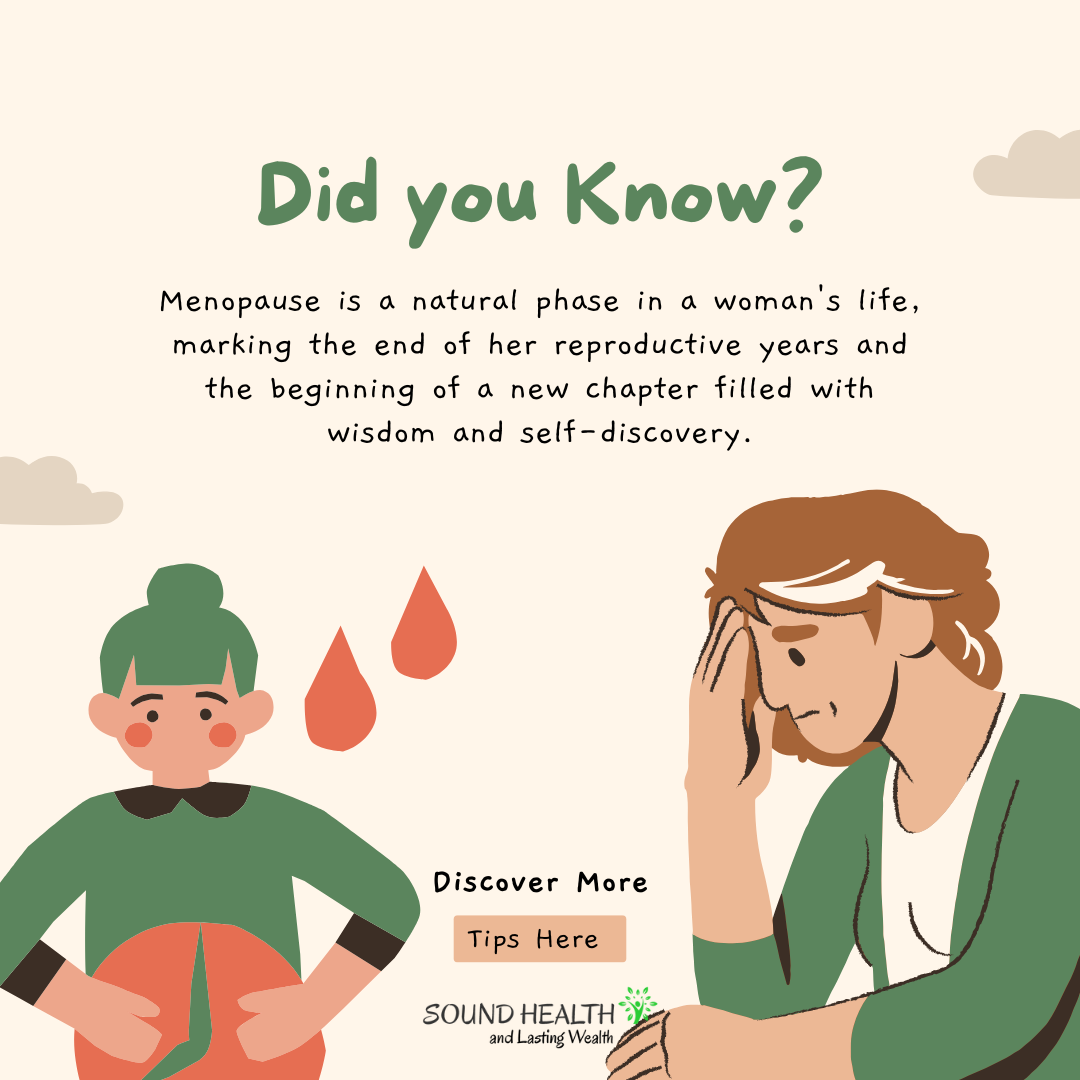Menopause is a significant life transition that brings about various physical changes, including alterations in oral health that can lead to bad breath. Understanding the underlying causes and implementing effective strategies can help women feel fresher and more confident during this time.

Bad Breath in Menopause
During menopause, hormonal fluctuations can significantly affect oral health, leading to dry mouth (xerostomia) and changes in the composition of saliva, which are common contributors to bad breath. A decrease in estrogen levels can reduce saliva production, resulting in less natural cleansing of the mouth, which allows odor-causing bacteria to thrive. Additionally, increased perspiration from hot flashes can alter body odor, including that from the mouth. Recognizing these factors is crucial for managing bad breath effectively. This can be especially problematic during post-menopause. Here’s what helps.
Hydration is Key
Staying hydrated is one of the simplest yet most effective ways to combat bad breath during menopause. Adequate water intake helps maintain saliva production, which is essential for washing away food particles and bacteria that contribute to unpleasant odors. Aim for at least eight glasses of water per day, and consider incorporating hydrating foods like cucumbers and watermelon into your diet.
Sip Green Tea
Green tea is not only a refreshing beverage but also an ally against bad breath. Rich in antioxidants known as catechins, green tea has been shown to inhibit the growth of bacteria responsible for bad breath. Regularly sipping green tea can help maintain oral hygiene while providing additional health benefits, such as improved metabolism and reduced inflammation.
Swish with This
Incorporating a mouth rinse into your daily routine can significantly enhance your oral hygiene efforts. Look for alcohol-free mouthwashes that contain antibacterial ingredients like chlorhexidine or cetylpyridinium chloride, which help reduce plaque buildup and kill odor-causing bacteria. Alternatively, natural solutions such as saltwater rinses or diluted apple cider vinegar can also be effective. This simple remedy also helps brighten teeth by lifting stains, details of which were found in a study in the National Journal of Maxillofacial Surgery. Simply stir 1⁄2 tsp. of baking soda into 1⁄2 cup of warm water, per the researchers. Swish it around your mouth for a few seconds once daily after brushing and flossing, then spit it out, Dr. Kessler says. And the bonus, she adds: It’ll brighten your smile too, by lifting set-in stains.
Go Greek
Probiotics play a vital role in maintaining a healthy oral microbiome. Consuming Greek yogurt, which is rich in probiotics, can help balance the bacteria in your mouth and reduce the likelihood of developing bad breath. Including other probiotic-rich foods like kefir, sauerkraut, and kimchi in your diet may also contribute positively to your overall oral health.
Chew Sugar-Free Gum
Chewing sugar-free gum is an excellent way to stimulate saliva production, which naturally cleanses the mouth and neutralizes acids produced by bacteria. Look for gums containing xylitol, a natural sweetener that has been shown to reduce cavity-causing bacteria while promoting fresh breath. Aim to chew gum after meals or snacks when brushing isn’t possible.
Use a Humidifier at Night
Dry air can exacerbate dry mouth symptoms, especially during sleep. Using a humidifier at night helps maintain moisture levels in the air, reducing dryness in the mouth and throat. This simple addition to your nightly routine can significantly improve your overall comfort and help prevent bad breath.

Bottom Line!
Managing bad breath during menopause is achievable with proactive measures such as staying hydrated, incorporating beneficial foods like green tea and Greek yogurt into your diet, maintaining rigorous oral hygiene practices, and using tools like sugar-free gum and humidifiers. If persistent issues arise despite these efforts, consulting with a healthcare professional or dentist can provide tailored solutions that address individual needs. Embracing these expert-approved strategies will empower women to navigate menopause with confidence and freshness.









